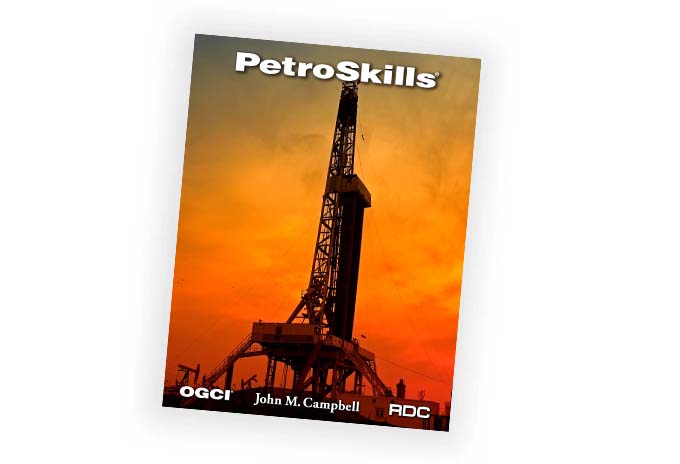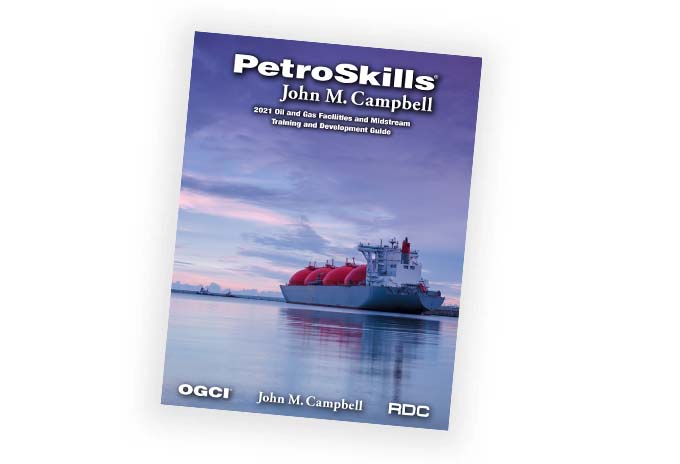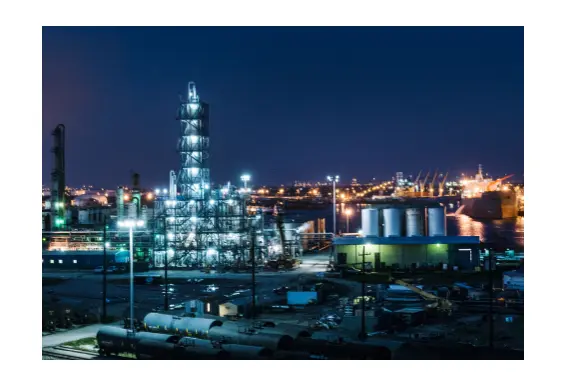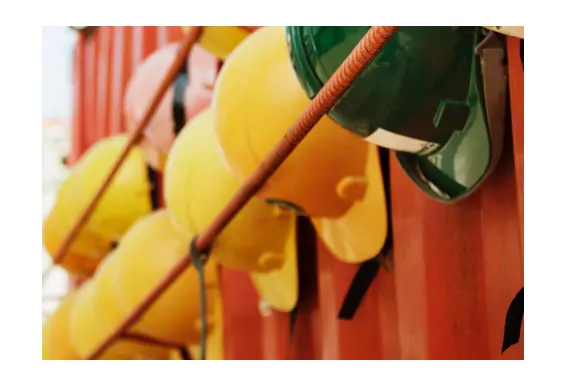Conventional Production Logging: Temperature and Single-Element Spinners Fundamentals
e-Learning
About the eLearning Course
The goal of production logging is to obtain an accurate interpretation of downhole tool measurements of temperature, pressure, fluid holdups, and fluid velocities to determine flow rates of each phase. Achieving this goal requires understanding the measurements made by various production logging tools and how these tools make those measurements.
This skill module focuses on interpretation of single-phase flow. It covers temperature logs and single-element spinner-type flow meters and how to use them to determine flow rates for single-phase flow.
See example online learning module
Target Audience
Petroleum engineers, production operations staff, reservoir engineers, facilities staff, drilling and completion engineers, geologists, field supervisors and managers, field technicians, service company engineers and managers, and especially engineers starting a work assignment in production engineering and operations or other engineers seeking a well-rounded foundation in production engineering.You Will Learn
Participants will learn how to:
- How to identify fluid entries on a temperature log run in a flowing well and how to distinguish gas entries from liquid entries due to the Joule-Thompson cooling response
- How formation thermal conductivity affects the shape of the geothermal gradient
- How formation thermal diffusivity affects the rate of wellbore warm back when shutting in a flowing or injecting well
- How to calculate relative flow rates from a flowing temperature log
- How fluid heat capacity affects the shape of a flowing or an injecting temperature log
- How to identify injection intervals on an injecting temperature log and how to calculate their relative injection rates using the Ramey equation
- The different types of spinner flow meter tools and how they make their measurements
- How to identify fluid entry/fluid injection rates on flowing/injecting spinner surveys
- How to calculate flow rates from a multiple-pass spinner logging survey




